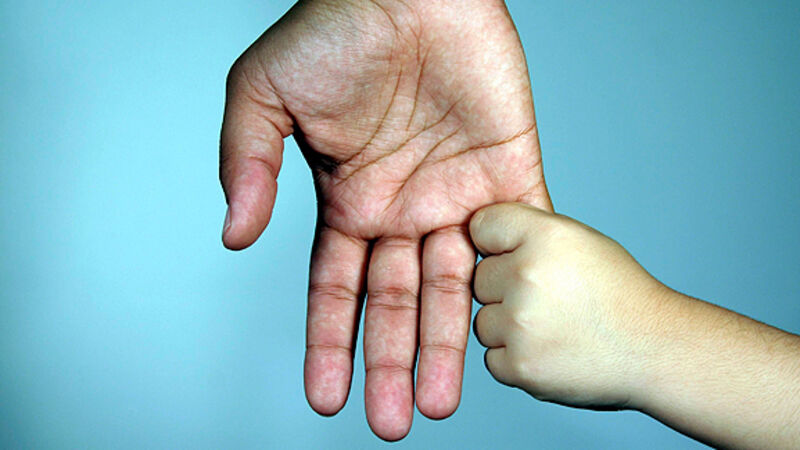Mixed reaction to proposed law on adoption

Co-founder of the Adoption Rights Alliance (ARA) Susan Lohan said the legislation as it stands would impose statutory-based discrimination against adopted people.
“We cannot possibly endorse what we have seen of the proposals, as outlined by the minister and his officials, as in some circumstances adopted people will be forced to sign away their rights in a way that further marginalises them on a statutory basis,” she said.













